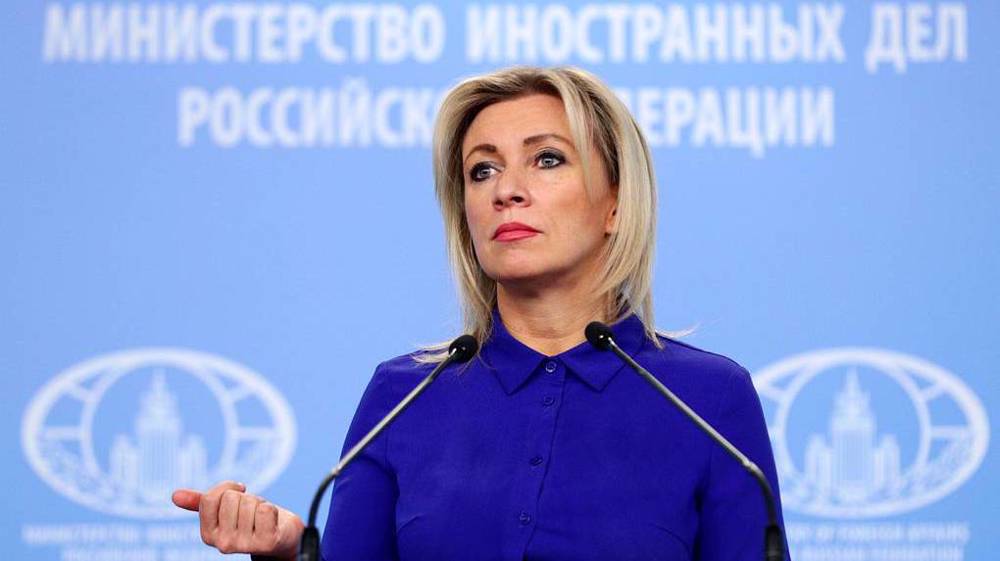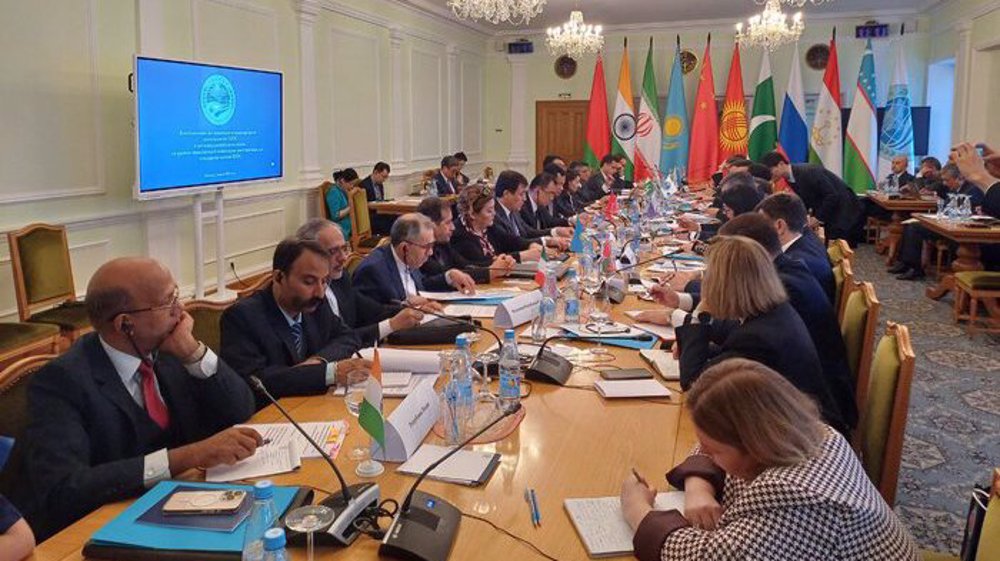US visa waiver program inappropriate: French leader
President of the French Senate Gerard Larcher says a recent US law restricting visits to Iran is “unacceptable” and violates a July nuclear accord.
Speaking to reporters in Tehran on Monday evening at the end of his three-day visit, Larcher said Europeans and the French, in particular, consider the decision as inappropriate, adding that the measure sends a “bad signal” to the Iranian nation.
He will raise the issue with French President Francois Hollande, he said, adding Paris should speak out against the new US policy.
Larcher said the new legislation violates the agreement reached between Iran and six world powers (Britain, China, France, Russia, the United States plus Germany) in mid-July.
The agreement, known as the Joint Comprehensive Plan of Action (JCPOA), stipulates that Washington should set no new restrictions against Iran.
For more than 25 years, the Visa Waiver Program (VWP) allowed people from 38 countries, namely European states, Australia, Japan and South Korea, to travel to the US without applying for a visa.
However, US President Barack Obama on Saturday signed a USD-1.1-trillion funding bill that aims to exclude from the VWP all dual nationals from Iran, Iraq, Syria and Sudan, and anyone else who has traveled to those countries in the past five years. Such foreign nationals are now required to obtain a visa through standard measures, including face-to-face interview at a US consulate.

On Monday, Iranian Foreign minister Mohammad Javad Zarif said the new US visa law breaches Europe's independence.
“The legislation is against Europe’s independence and the spirit of the law lays down the approach that whoever is siding with terrorists is immune,” Zarif said in a meeting with Larcher in Tehran.
He urged European countries “to express their independent resolve” in the face of such discriminatory approaches.

Pezeshkian: If Muslim nations unite, enemies cannot oppress them

Russia blasts Trump’s 'unacceptable' threat of bombing Iran

Iran calls on Shanghai bloc to condemn Trump’s 'dangerous' threats
Iran hails Kyrgyzstan-Tajikistan-Uzbekistan border deal
French police bludgeon students protesting budget cuts in Paris
Envoy rejects UN body’s ‘false picture’ of rights situation in Iran
Negative impact of Trump tariffs on UK economy
Student says he fled US due to 'Trump's lawlessness'
VIDEO | Press TV's news headlines
Indian parliament passes bill seen as step to seizure of mosques
US airstrikes target multiple sites across Yemen’s Sa’ada













 This makes it easy to access the Press TV website
This makes it easy to access the Press TV website